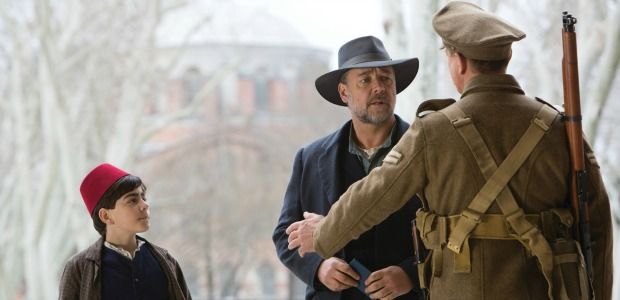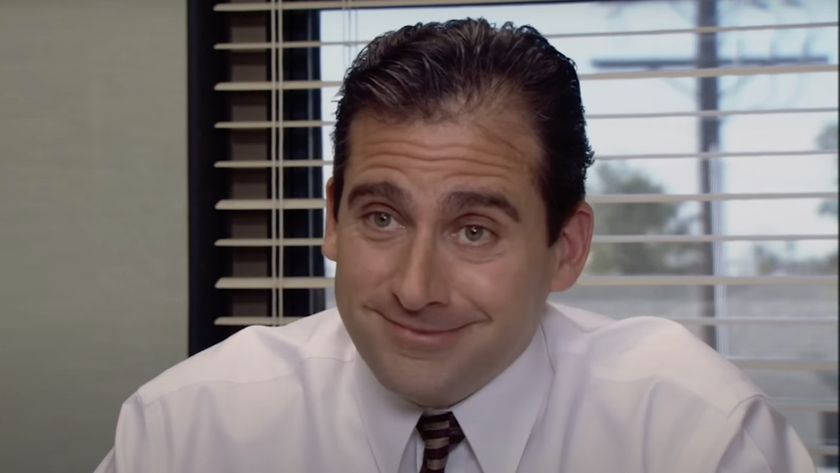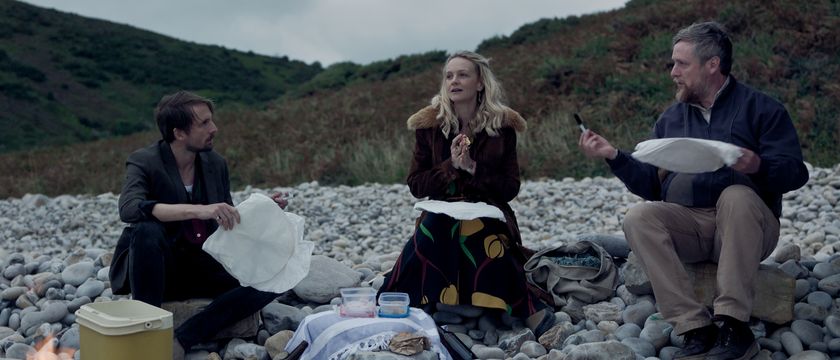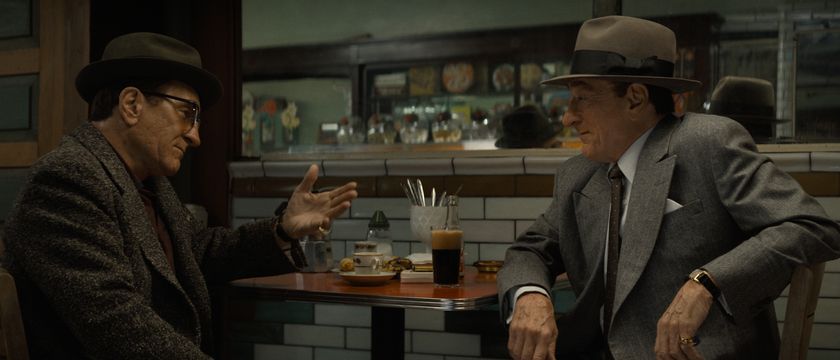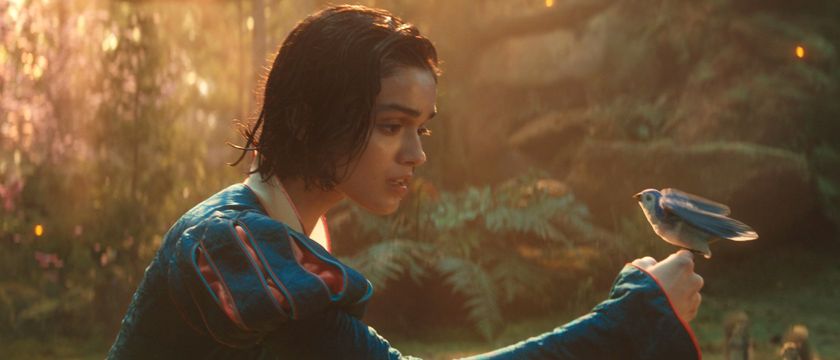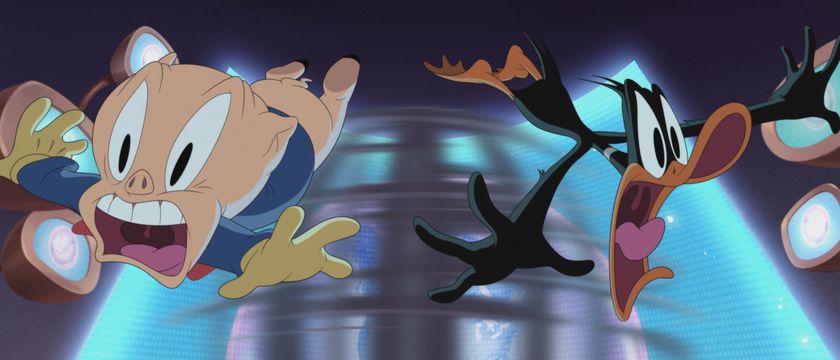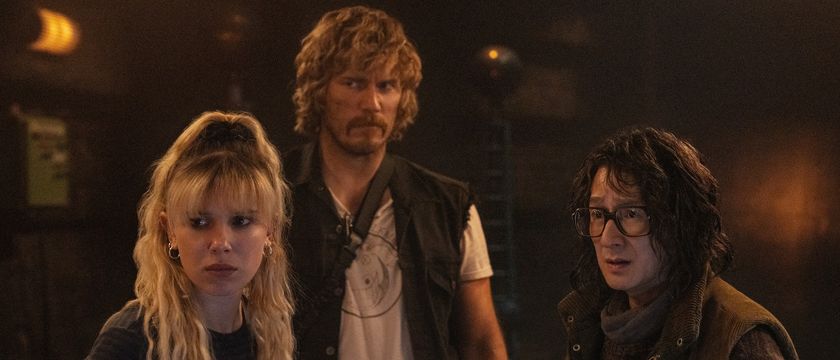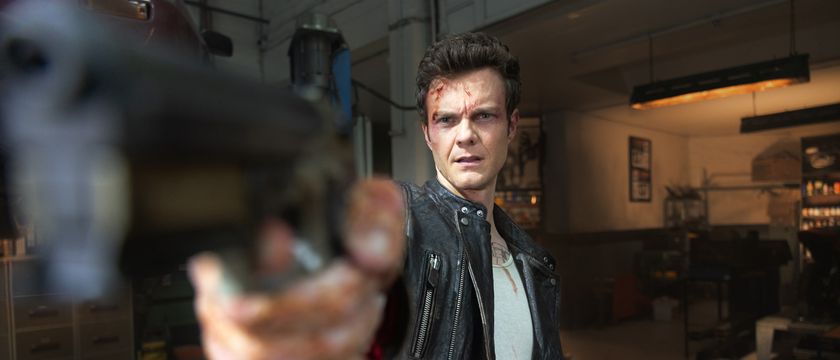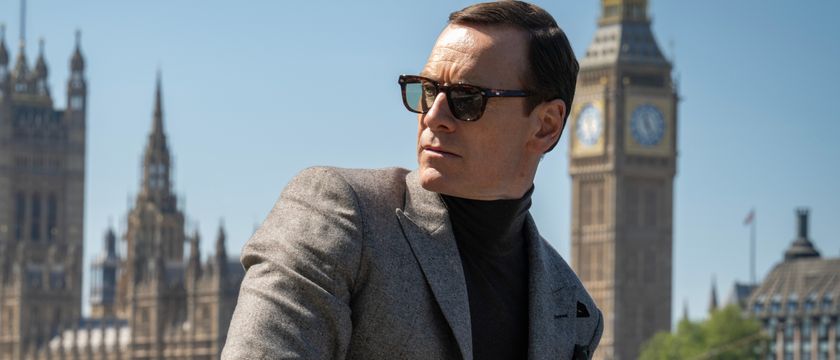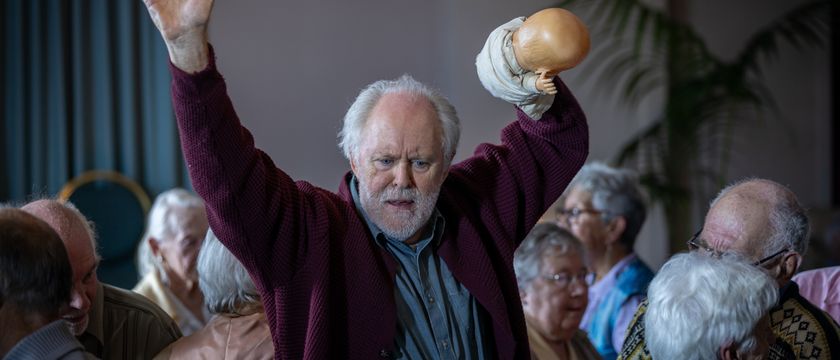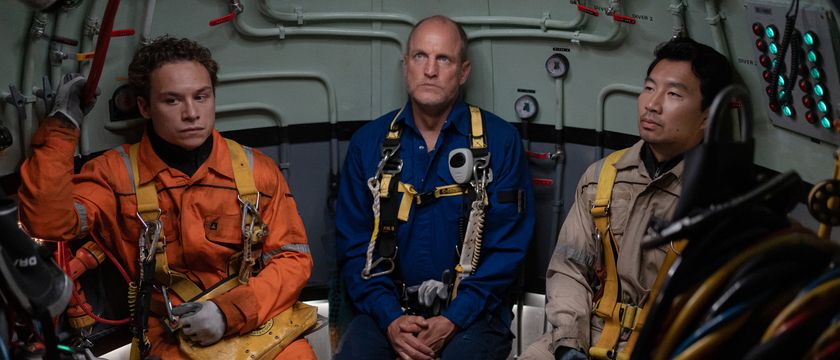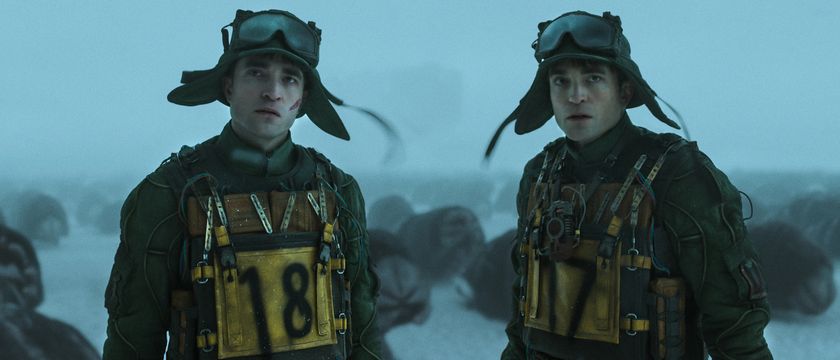Ben Affleck has a lot of explaining to do for his sensational transition from acting to directing. Because of him, actors now try to prove how talented and inventive they are -- not just with more intimate character driven films but by directing their own projects, too. The likes of Lake Bell and Joseph Gordon Levitt have recently proven adept at overseeing their own movies while also starring in them, and now Russell Crowe has decided that it’s his turn to give it a whirl behind the camera with The Water Diviner.
And without being overly callous, Russell Crowe’s directorial debut is about as mundane a start to a filmmaking career as you’ll ever see. That’s not to say that he’s incompetent. There isn’t actually anything overly horrendous or despicable about his direction. It’s just that it’s so plainly filmed and lacking in any style that it’s impossible to become truly invested, and has more in common with a made-for-TV movie than anything you’ll find on the big screen.
However, despite this patchy foray into filmmaking, there’s no denying Russell Crowe’s ability in front of the camera, and he towers, trembles and completely owns every single scene of The Water Diviner with his magnetic presence, even when his choices as a director have left him wallowing in a no-man’s land of mediocrity.
It’s 1919 and Russell Crowe’s Joshua Connor is an Australian farmer and water diviner whose three sons Arthur, Edward, and Henry are all missing and presumed dead following their exploits at the battle of Tripoli four years earlier. Unable to contain her grief for her missing boys and blaming Joshua for their deaths, Joshua’s wife Eilza (Jaqueline McKenzie) takes her own life. Following her suicide Joshua vows to bring his sons home to Australia so that he can bury them alongside her, and sets off to Turkey. Once there he becomes friendly with Ayshe (Olga Kurylenko), the widowed owner of the Istanbul hotel he is staying in, while he is assisted in his search by Major Hasan (Yilmaz Erdogan) and Colonel Cyril Hughes (Jai Courtney).
The Water Diviner just about remains entertaining despite its humdrum aesthetic, while Crowe instills it with an old-fashioned Hollywood vibe that means its heart is firmly in the right place. Because of this, you’re never overly infuriated with its lack of energy and originality, or the fact that Crowe fails to invoke the period and setting.
Russell Crowe doesn’t completely flounder as a director, though. The Water Diviner is structured and paced in such a way that you’re always engaged, despite its reliance on mushy melodrama, while he deserves praise for a surprisingly ballsy final revelation and for at least broaching sensitive subjects (the abuse of women in the Ottoman empire) even though he fails to truly penetrate these topics.
Crowe is also thematically consistent; taking various looks at death and the different effects that it can have on individuals. Crowe constantly looks down on his characters, giving off the impression that this point of view is of someone from above; a confused old man is reprimanded for trying to pluck a chicken while he’s alive, Crowe’s Connor is consistently scolded for the pointless exercise of tracking down his sons’ corpses, while he only persists thanks to dreamy, borderline celestial interference. In fact, because of the latter you might have to take an Interstellar-esque leap of faith with some of the film’s narrative choices.
But despite his best efforts, Crowe constantly resorts to the clichéd and easy choice when it comes to not only progressing his story but to showcasing characterization and motivation. Which is especially strange considering that he is a high-risk actor who is able to gracefully display emotion and feelings with just a look or maneuver.
I feel like I’ve been overly critical of The Water Diviner. Because it really isn’t a catastrophic film. Just a distinctly average one. And there is something truly frustrating about that because you can see its appeal. But Crowe’s lackadaisical direction compounds The Water Diviner’s positive traits, resulting in it being a simplistic take on well-trodden ground that leaves no resonance whatsoever. Maybe Crowe still has a future as a director. But if he ever returns to the profession, he needs to at least find his own style first.
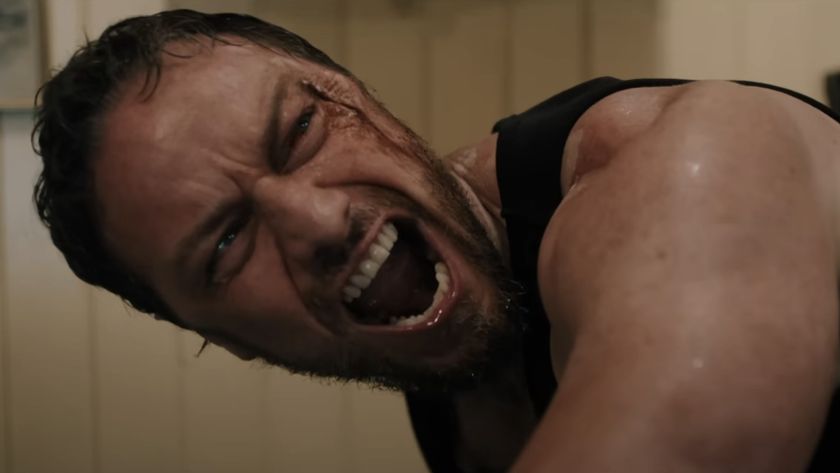
‘It Was A Ton Of Money.’ That Time Split’s James McAvoy Turned Down A Harry Potter Role At The Beginning Of His Career, And I Think It Was The Right Choice
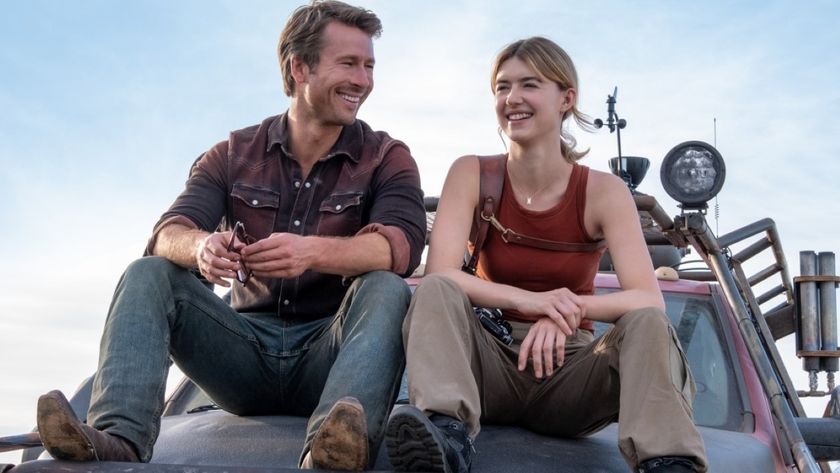
Andrew Garfield. Paul Mescal. Glen Powell. ‘I Have Worked With Basically All Of The Internet’s Boyfriends,’ Admits Daisy Edgar-Jones (And She’s Not Wrong)
